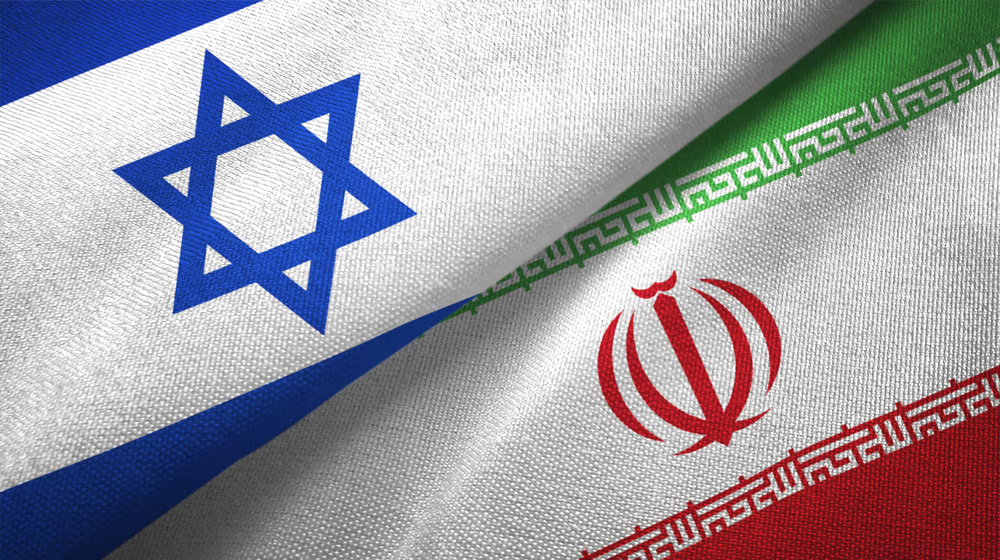The Middle East edged closer to a broader regional war as Israel and Iran exchanged a fresh wave of deadly strikes over the weekend, resulting in significant civilian casualties, economic disruption, and rising global alarm.
In the most intense crossfire to date, Israeli airstrikes hit residential and military targets in Tehran. At the same time, Iran responded with long-range missile attacks on Israeli cities, including Jerusalem, Tel Aviv, and Bat Yam, leading to dozens of deaths on both sides.
Israeli Strike on Tehran Triggers Heavy Civilian Toll
Iranian officials confirmed that at least 138 people, including 60 children, were killed when an Israeli airstrike demolished a residential building in eastern Tehran on Friday. The attack, according to Iranian state media, was part of a broader Israeli offensive targeting what it described as military-linked infrastructure used by Iran’s Islamic Revolutionary Guard Corps (IRGC).
While Israel has not publicly confirmed the details of the operation, military sources told local media that the strikes were designed to “cripple Iran’s military and nuclear capabilities”.
Iran Retaliates With Missile Strikes Across Israel
In response, Iran launched a coordinated missile barrage targeting key Israeli cities, including Jerusalem, Tel Aviv, and coastal Bat Yam. Israeli emergency services confirmed at least 13 fatalities and more than 350 injuries, with infrastructure damage reported in multiple urban centers.
While Israel’s Iron Dome defense system intercepted several incoming threats, officials acknowledged that some missiles penetrated the shield, resulting in civilian casualties and widespread panic.
U.S. Issues Caution, Denies Direct Involvement
Despite rising tensions, the United States denied direct involvement in the Israeli offensive, though it reiterated support for Israel’s right to self-defense. U.S. military assets in the region have been placed on high alert, and President Donald Trump, currently campaigning for re-election, called for an “immediate ceasefire” while backing Israel’s stance.
Iran’s foreign ministry condemned the strikes as part of a “U.S.-backed aggression”, accusing Washington of sabotaging ongoing nuclear diplomacy.
Nuclear Concerns and Global Reaction
The International Atomic Energy Agency (IAEA) confirmed that Iran has breached key provisions of its nuclear commitments, intensifying fears of a nuclear arms race. Analysts warn that continued hostilities could permanently derail the fragile atomic talks.
Global leaders, including UN Secretary-General António Guterres and European Union diplomats, have called for urgent de-escalation. France, Germany, and the UK have all urged restraint, while China and Russia have called emergency sessions at the UN Security Council.
Oil Markets React Sharply
Global oil prices spiked more than 7% in Friday’s trade, driven by fears of a regional supply shock. The Strait of Hormuz, a vital oil transit route, is now under close watch amid concerns of broader disruptions.
Wider Regional Fallout
The conflict has also mobilized Iran-backed proxy groups. The Houthis in Yemen and Hezbollah in Lebanon have reportedly launched attacks on Israeli targets in recent days, suggesting that the conflict may expand beyond a bilateral confrontation.
What’s Next?
Defense analysts believe Israel may pursue additional waves of airstrikes, aiming to degrade Iran’s command-and-control centers, while Iran is expected to continue its retaliatory campaign. Diplomatic backchannels are reportedly active, but a breakthrough remains elusive.
With both nations refusing to back down and civilian casualties mounting, the international community faces a critical test in preventing the conflict from spiraling into a full-scale regional war.





